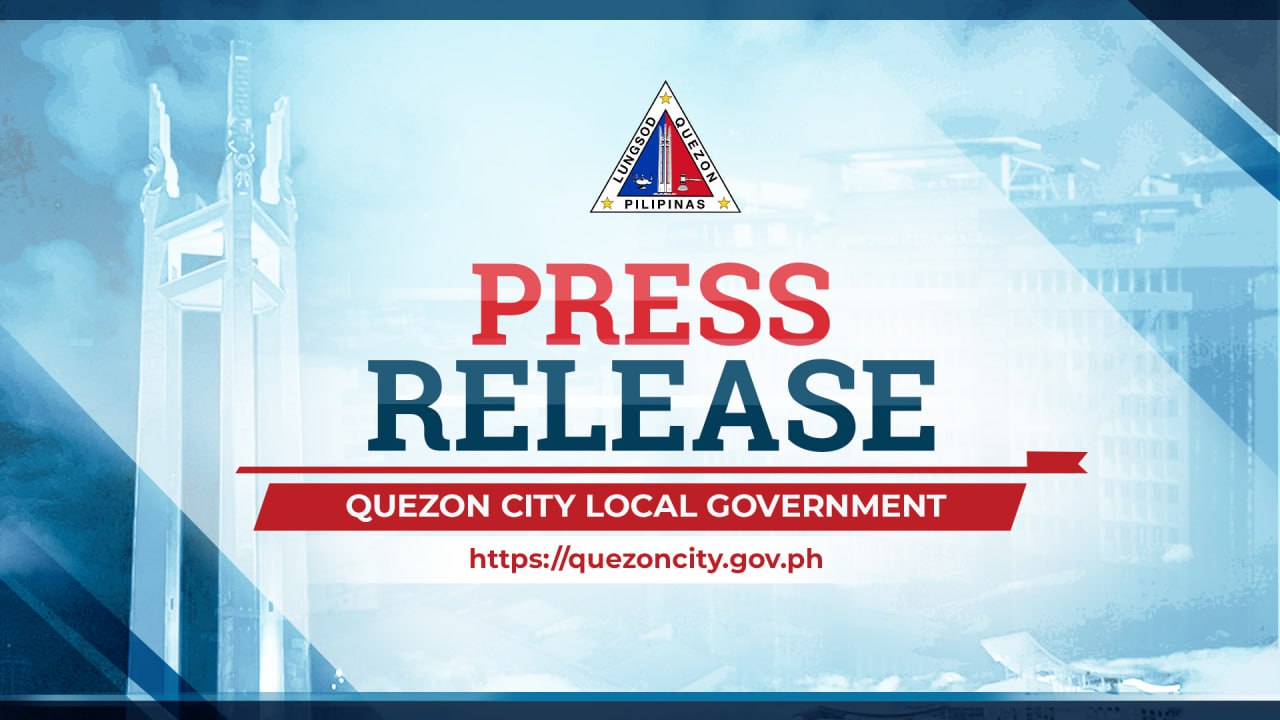
Quezon City has taken decisive action to ensure students keep learning even when classrooms are full or the weather makes it unsafe to go to school. Mayor Joy Belmonte has signed Ordinance No. SP-3405, S-2025, officially establishing a Blended Learning Program in all public elementary and high schools in the city.
The ordinance responds to urgent challenges facing the education sector: classroom shortages, overcrowding, and an increasing number of class suspensions due to typhoons, extreme heat, and other emergencies linked to climate change. It also gives strong local government backing to the Department of Education’s directive on flexible learning, ensuring consistent funding, planning, and support at the city level.
“By institutionalizing DepEd’s flexible learning policy through this ordinance, Quezon City is turning national guidance into real action,” said Mayor Belmonte. “We are investing in our schools so that learning doesn’t stop—whether it’s due to natural disasters, heat waves, or simply not having enough classrooms.”
Authored by Councilors Aly Medalla and Bernard Herrera, and supported by the 22nd City Council, the ordinance formalizes a local system that allows schools to temporarily shift to blended learning when:
• A school is identified by the Schools Division Office–Quezon City (SDO-QC) as highly congested; or
• Face-to-face learning is unsafe due to typhoons, extreme heat, health risks, or other emergencies.
The Blended Learning Program includes asynchronous learning options, and any shift from in-person classes will be guided by an established process led by the SDO-QC and the Education Affairs Unit (EAU), in coordination with school administrators and families.
Councilor Medalla, the ordinance’s principal author, emphasized the value of preparedness. “We’ve learned from the pandemic and climate-related disruptions that education must be flexible,” she said. “This law ensures we have a local system in place to keep learners on track—especially those most at risk of falling behind.”
Mayor Belmonte clarified that this is not a move away from classroom-based education. “Face-to-face learning is still the foundation of our public school system,” she said. “But when students cannot be physically present, we now have a safe, structured alternative.”
Schools Division Superintendent Carleen Sedilla welcomed the ordinance, calling it a timely and necessary move. “DepEd has long recognized the value of flexible learning, especially during emergencies. With Quezon City’s support, we can deliver this more effectively—and ensure that no learner is left behind.”
To make the program work, Quezon City and the SDO-QC are already investing in:
• Digital infrastructure and connectivity for schools,
• Teacher training on flexible learning tools and methods, and
• Public awareness campaigns for students and parents.
Funding comes from the city’s Special Education Fund (SEF) and General Fund, with additional support mobilized through partnerships, grants, and donations.
The city is also looking into transforming underutilized community public infrastructure into learning hubs equipped with Wi-Fi, desks, and study tools to provide students with quality spaces near their homes that are more conducive to learning.
The Blended Learning program is meant to complement the city’s ongoing efforts to expand its school infrastructure program.
###







